Articles & Publications
Articles about agile teamwork, DevOps and collaboration
We have long since entered the era of VUCA, where it feels like time is flying by. And we have the impression that time is the limited resource we need to manage. Long-known time management methods experience a revival and become more and more popular. But is it enough or even possible to control the time?
A Leader’s Role in Setting and Meeting Team Goals
Sabine Wojcieszak — Status Hero
Team goals can be motivational, provide insight into how your processes are performing, foster collaboration and innovation, and ensure that everyone’s work matters in the big picture.
How and Why a Co-Located Team Can Work
Sabine Wojcieszak — Status Hero
Co-location is optimal for agile working, making it easy to be creative, think together, and use visualizations to align on the same goal. With almost no barriers to communication, agility can flourish. However, co-location doesn’t automatically create agility, nor a high-performing team.
The Complete Guide to Effective Virtual Meetings
Sabine Wojcieszak — Status Hero
The Five Agile Meetings Explained
Sabine Wojcieszak — Status Hero
The Agile approach is especially important in complex project and product environments that deal with a high level of uncertainty, and several types of Agile meetings (or ceremonies) are key to its success.
In this article, you will learn more about these types of meetings, as well as how to implement them.
Signs You Might Be a Bad Manager
Sabine Wojcieszak — Status Hero
“People leave managers, not companies,” is a well-known saying, but when an employee leaves, the damage has already been done. That’s why it’s important to look for signs that you might be a bad manager before key parts of your team leave. Only then can you make a conscious effort to change your management style.
How to conduct effective team meetings
Sabine Wojcieszak — Poppulo.com
An ordinary working day after lunch. A group of four enters the elevator. “So what´s on this afternoon, folks?” She looks around to her colleagues. “I am meeting one of my customers to talk about their next projects!”, the young guy next to her answers. The other two look at each other: “Oh dear, we have a meeting. I don’t know why I should go there, but I have to although I have a lot to do. It will be the next time-consuming, boring one.”
A Short Manual to Bring Change Successfully into Your Team
Sabine Wojcieszak — InfoQ
Implementing the DevOps philosophy in a team means a lot more than just changing the general set-up of the actual working conditions. Bringing a number of tools into the team’s workflow won’t solve the individual issues, because a team exists and works thanks to the interaction between human beings, not tools. For better or for worse.
Social Skills for DevOps: Whose responsibility?
Sabine Wojcieszak — DevOps.com
In his post “DevOps developers; don´t be a DevGoof” on devops.com Parker Yates pointed out, that developers have to become more social. Devs should better realize that they need to become a normal part of the business social structure. That is really true and extremely necessary to make DevOps more efficient.
The complexity of communication: Are we all Masters of Disaster?
Sabine Wojcieszak — DevOps.com
To better the communication between people in tech teams is one important issue in daily work. Although we all grew up with communication from our early childhood on, we know, that communication often fails. But what do we all do about this discrepancy? Why do we accept eyes wide open these frequently painful failures? Why don´t we really care about misunderstandings and their consequences? Are we all Masters of Disaster?
Well-being in tech – Who really cares?
Sabine Wojcieszak — DevOps.com
As a freelance consultant for more than 15 years I skip from company to company of different sizes in different industries. For the last two years I have been very close to the IT-tech industry. I love to work with the “Nerds” and “Geeks” and I like the atmosphere on the devopsdays I have attended. But I am really confused about one important problem, which never ever occurred to me in this big mass before than it does in the tech industry: problems with health, psychosomatic disorders and mental illnesses.
Communication: Who is to blame for misunderstandings?
Sabine Wojcieszak — DevOps.com
Communication is everywhere and it is far more than only the spoken word and its origin meaning. Communication is one of the most complex and also complicated topics in human relationships: most of the time very thrilling, sometimes frightening but always important!
Being “productively lost” — an experiment in Teaching Open Source (TOS)
Sabine Wojcieszak — LinkedIn
During the winter semester 2017/2018 I offered a course “Working in and with Free Open Source Software (FOSS) for our international Master Students at the University of Applied Science in Kiel. 40 students subscribed for this course, but for organizational reasons I could only take 27 of them. I have never done a course about this topic before but I have always been fascinated by open source communities and the motivation behind it. But as every journey has a starting point, mine was this post on twitter by Tom Callaway, Open Source technologist at Red Hat and supporting the foss2serve community.
Listen. — THINK. — Do. — RESTART!
Sabine Wojcieszak — NDC Blog
This blog post is an invitation to pay more attention on our communication, which happens day by day, hour by hour, second by second to improve ourselves and make the work place a better and more successful one. It is an analogy to wellknown things, but it is not intended to be something like a scientific paper!




